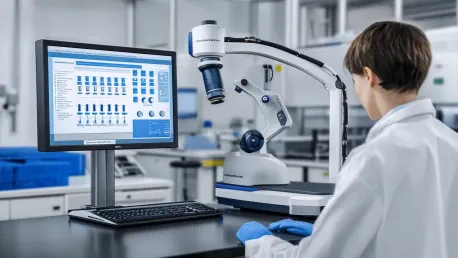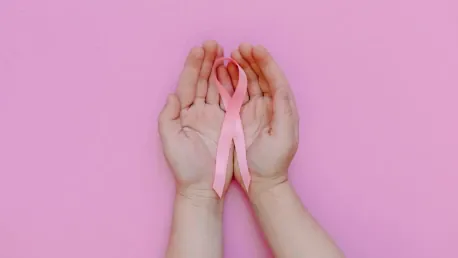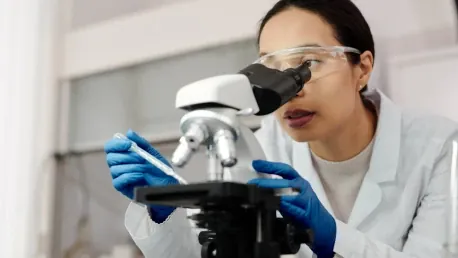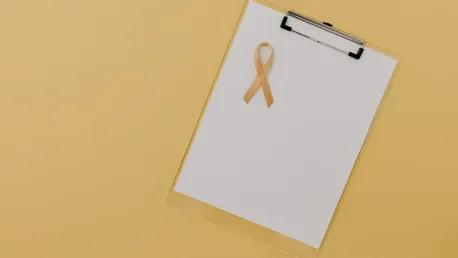
Digital health venture funding in 2024 experienced notable shifts and trends that shaped the investment landscape. This article delves into the dynamics of venture capital investments, the trends in deal sizes and stages of funding, the influence of major investors, and the sectors within digital

The UK’s National Health Service (NHS) is grappling with significant challenges, including a critical backlog in diagnostic services and a shortage of specialist staff. These issues are leading to prolonged patient waiting times and inefficiencies in healthcare delivery. The NHS’s Long Term

Geneoscopy, Inc., a life sciences company dedicated to advancing gastrointestinal health, has recently achieved an impressive milestone by securing a Series C funding round that amassed $105 million. This significant investment, led by Bio-Rad Laboratories and supported by various prominent

In a remarkable display of community solidarity and corporate responsibility, the small town of Rathkeale witnessed an inspiring event organized at Downes' EUROSPAR, aiming to support the National Breast Cancer Research Institute (NBCRI). Owner Derek Downes, along with his dedicated team, invested

Philanthropy plays a crucial role in advancing medical research, and the recent $1 million donation from Raj and Indra Nooyi to the Yale School of Medicine's Department of Surgery exemplifies this impact. This substantial gift has been directed to establish the Raj and Indra Nooyi Cancer Research

Washington University School of Medicine in St. Louis (WashU Medicine) has been awarded a significant five-year, $10.8 million grant from the National Cancer Institute (NCI) of the National Institutes of Health (NIH). This funding renewal aims to advance the institution's ongoing research in